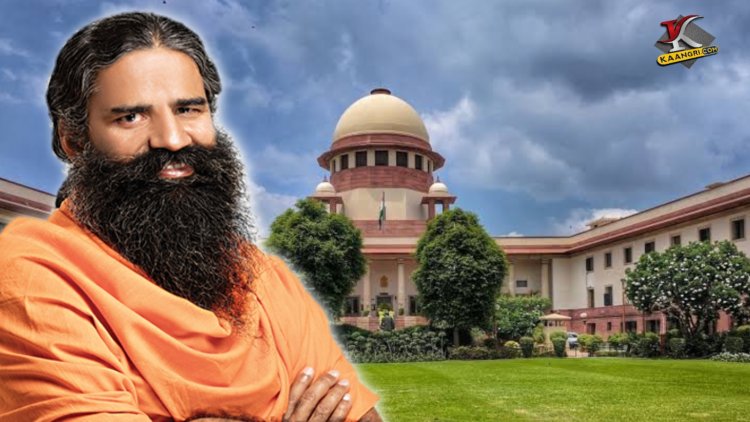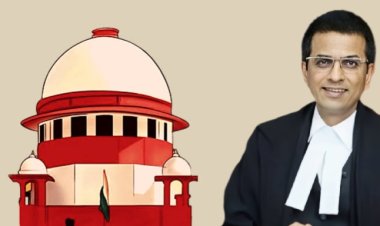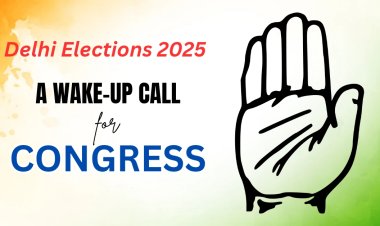Why Baba Ramdev Owes an Apology?

Baba Ramdev, the renowned yoga guru and founder of Patanjali Ayurved, recently found himself in hot water after the Supreme Court of India criticized him and his company for their casual approach towards a misleading advertisement case. The court's rebuke not only highlighted the need for accountability but also sparked a social media frenzy, with netizens creating memes and dubbing the incident as 'Sorryasana.'
The crux of the issue lies in Patanjali Ayurved's failure to comply with the court's orders and their lackadaisical attitude towards submitting a sincere apology affidavit. The Supreme Court, rightfully so, deemed their actions as a "gross violation of undertaking," emphasizing the importance of adhering to legal commitments.
What makes this situation even more alarming is the potential implication of perjury. The court raised concerns that Patanjali may have committed perjury by presenting misleading documents, which is a serious offense under the law. This observation underscores the gravity of the situation and the need for transparency and honesty when dealing with legal matters.
At the heart of the matter is the responsibility of corporations, especially those with significant public influence, to act ethically and truthfully. Misleading advertisements and spreading misinformation, particularly during a global crisis such as the Covid-19 pandemic, can have severe repercussions on public health and trust.
Baba Ramdev, as a prominent figure in the wellness industry, holds considerable sway over millions of followers. With great influence comes greater responsibility, and it's imperative for him and his company to uphold the highest standards of integrity and accountability.
The meme fest that ensued on social media serves as a testament to the power of digital activism and public scrutiny. It highlights the role of netizens in holding individuals and corporations accountable for their actions, regardless of their stature.
Overall, Baba Ramdev and Patanjali Ayurved owe an apology not only to the Supreme Court but also to the public for their negligence and disregard for legal obligations. This incident serves as a reminder that no one, regardless of their status, is above the law, and that honesty and transparency should always prevail.










